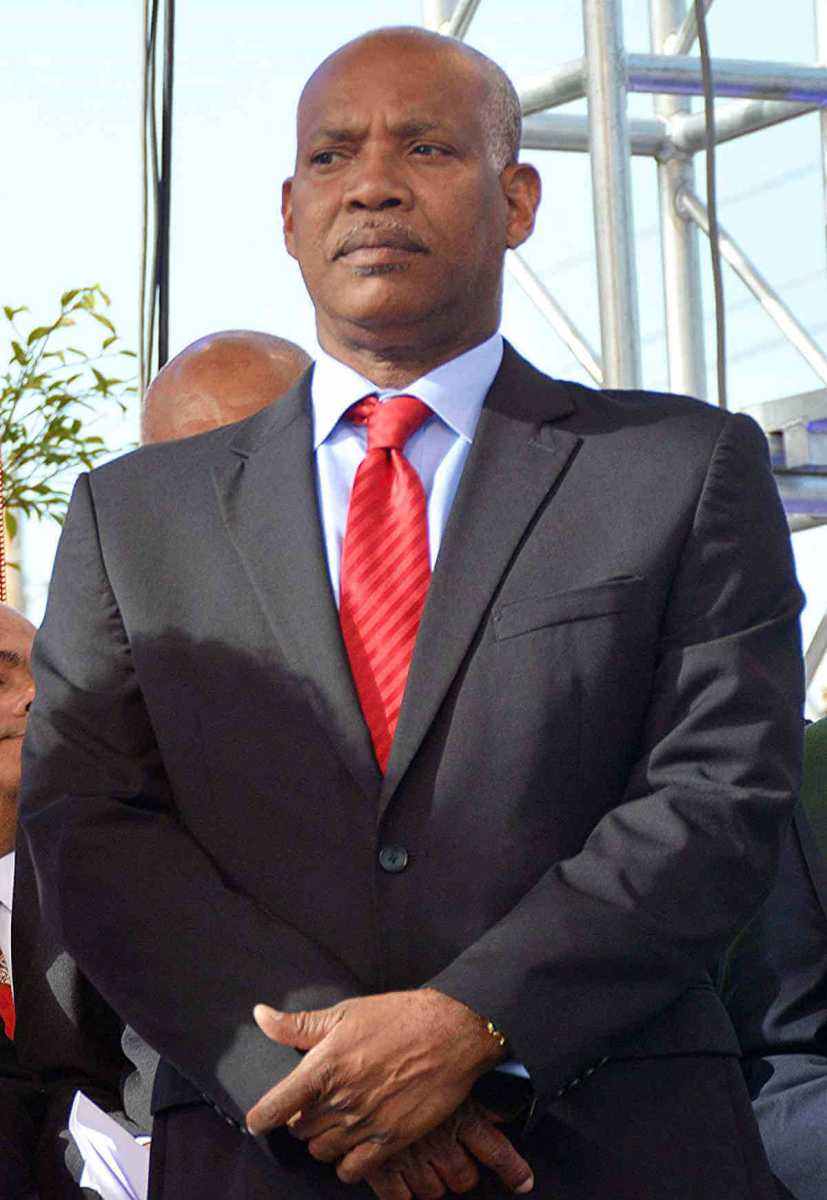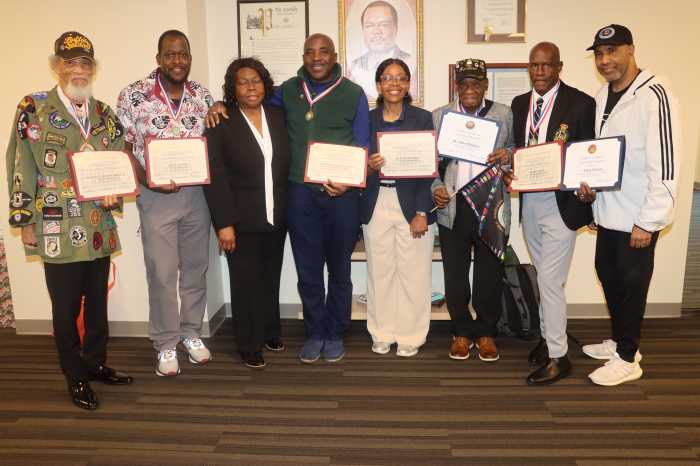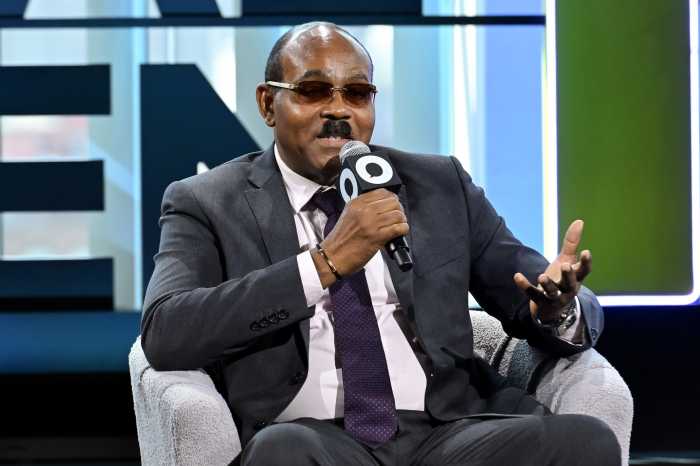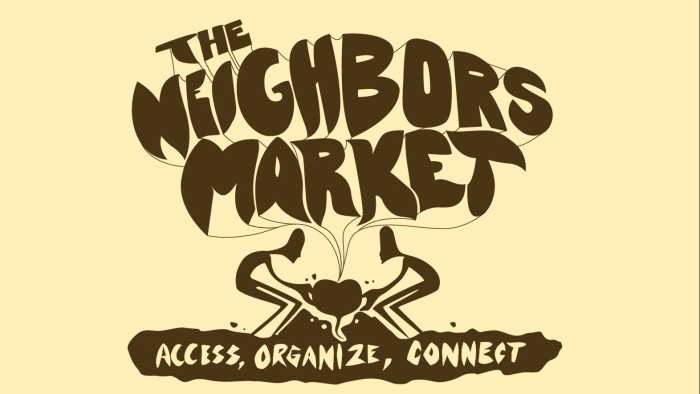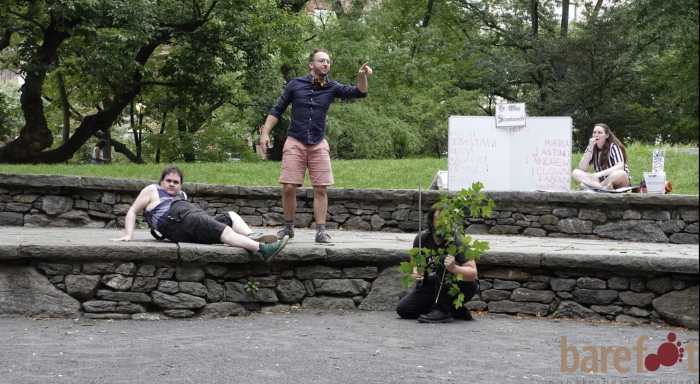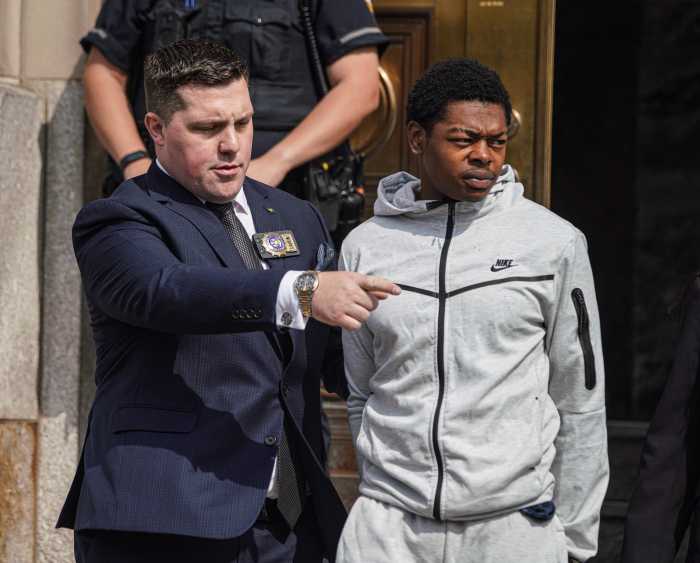An absence of court convictions followed by imprisonment or fines has caused a drop in Barbados’ ranking in the United States State Department’s Trafficking in Persons (TIP) list.
Following placement on ‘Tier 2’ for a number of years, Barbados this year slid slightly below to ‘Tier 2 Watchlist’, which means that from April 01, 2018 to March 31 this year the island’s administrators have failed to fully meet the US Trafficking Victims Protection Act’s minimum standards, “but are making significant efforts to bring themselves into compliance with those standards.”
The US annually published TIP report rates countries across the world by their legal and other administrative efforts aimed at clamping down on forced movement of people for labour, sexual slavery, or commercial sexual exploitation.
There is no stated sanction against countries with low rankings but with the US being a powerful economic force, low ratings come with implied treatment of the said countries in trade, financial and other arrangements.
Barbados’ slide this year takes it to the lowest position of the 15 CARICOM member countries along with Belize, and on level with Curacao and above only Cuba in the wider Caribbean.
This means the island has returned to this ignoble position that it held in 2012.
The report observed that Barbados is making significant efforts to meet American set standards including raiding nightclubs suspected of trafficking, screening vulnerable individuals for trafficking, providing anti-trafficking training for immigration officials and the police force, and conducting public awareness campaigns.
The State Department indicated that Barbados was nonetheless downgraded to Tier 2 Watchlist because, “the government did not complete its national action plan or an anti-trafficking manual for interviewing and providing assistance for suspected trafficking victims.
“Government agencies continued to report a lack of resources for their anti-trafficking activities. The government’s anti-trafficking law did not provide penalties that were commensurate with other serious crimes”.
The American report card on Barbados in 2019 resembled that of last year when it accused administrators of initiating no new prosecutions for the fourth consecutive year, and not yet securing a trafficking in persons conviction.
The American State Department had claimed in 2018 that the Barbados authorities “conducted five investigations in 2017, compared with three in 2016, six in 2015, eight in 2014, and three in 2013”.
The 2019 report identified only two additional investigations in 2018.
In a repeat of last year’s wording the report stated, “the government has not reported initiating a prosecution since 2013. The 2013 prosecution of two suspected traffickers remained pending before the court. The government has never convicted a trafficker. The government did not report any investigations, prosecutions, or convictions of government employees complicit in trafficking offenses.”
This report covers nine months of the new government that came to power in May 2018.
The absence of immediate efforts to roll back the dismal years when TIP issues were neglected is not surprising as the new administration met an empty Treasury with high debt when entering office, and is currently on a tight economic recovery and restructuring programme.
Attorney General Dale Marshall said “we’ve tried to make a fairly convincing argument on behalf of Barbados in relation to the success that the police force has been having in terms of dealing with the prostitution rings that operate regionally,” he said and referred to stepped up arrests of sex workers brought into the island based on efforts of suspected trafficking rings.
He however said that what the slide in ranking “requires us now to do is to look at those areas in which we may have some issues and try to deal with them.”


